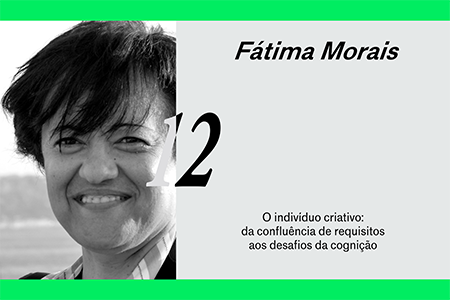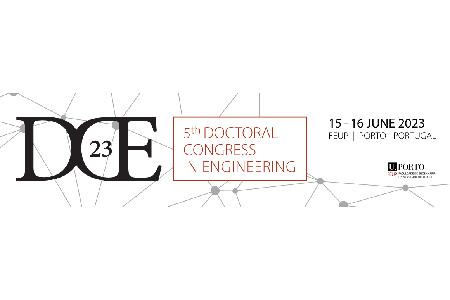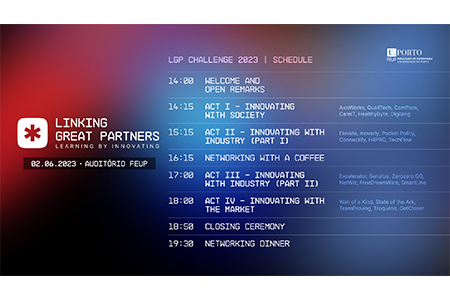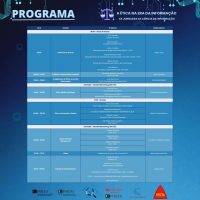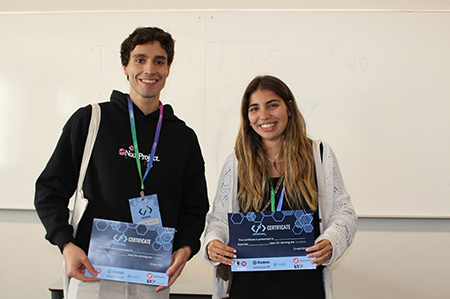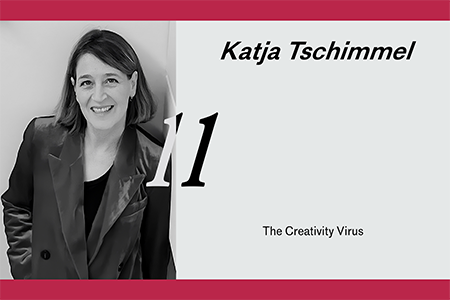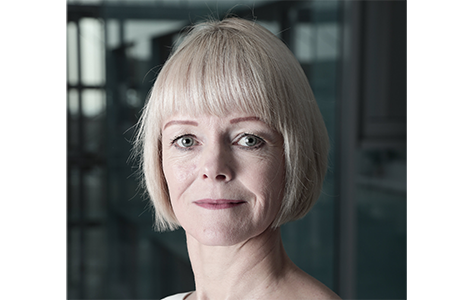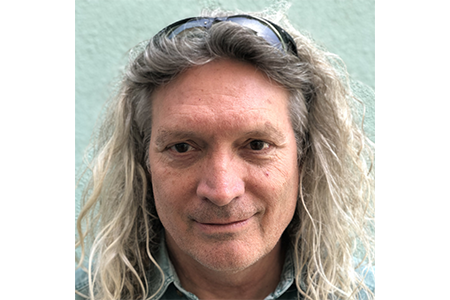The Porto Biomechanics Laboratory (LABIOMEP-UP) was created with the intention of bringing together the efforts of the critical mass of the University of Porto in the fields of Biomechanics, whether dedicated to teaching, research and university extension, in the fields of sports, forensics, clinical, health and safety, ergonomics, etc. It is, therefore, a unit whose vocation is transversal to most of the University’s territories and, therefore, eminently trans and interdisciplinary.
Dedicated to the study of the causes and effects of forces and tensions generated and applied by and to biological systems and prosthetic and orthotic devices, LABIOMEP-UP uses the measurement and processing of data related to internal and external forces to biological systems and their effects, namely kinematics and plastic adaptations. The operating domains extend from dynamometry to kinemetry, passing through electromyography, morphometry (internal – using medical imaging – and external – using planar and 3D geometries extraction), thermography, and bioenergetics. In any of these spaces, and particularly in the domain of its cross and integrated interpretation, information technology is recurrently present, either through “customer” applications or through dedicated solutions aimed at solving specific problems. This is, obviously, a virtuous marriage: one that flows without great tension being perceived between the merits and limitations of each party. On the contrary: they can no longer live without each other…
“Research, teaching and services in Biomechanics: a virtuous marriage with informatics” will be presented June 28, 15:00, room B011 at FEUP, moderated by Prof. Rui Camacho (DEI).
“João Paulo Vilas-Boas was born in 1960; Full Professor of Biomechanics at the University of Porto, Faculty of Sport, since 2004; Head of LABIOMEP-UP – Porto Biomechanics Laboratory, University of Porto; ISBS Geoffrey Dyson Award 2022; Invited Full Professor of Biomechanics at the Universidade Católica Portuguesa, Porto, since 2009; resident of the International Council Biomechanics and Medicine in Swimming (icBMS); Head of the Biomechanics Laboratory of the University of Porto (LABIOMEP); Member of the Scientific Committee of the Doctoral Course in Sport Sciences of the University of Porto; Member of the Scientific Committee of the Doctoral Course in Physiotherapy of the University of Porto; Member of the Scientific Committee of the Doctoral Course in Occupational Health and Safety of the University of Porto; Member of the Direction Board of the Research Unit CIF2D / FCT; Participant and responsible for several financed research and co-promotion applied research projects; Promoter, co-promoter or advisor of more than 40 Ph.D. defended thesis in Portugal and abroad; Promoter of more than 95 M.Sc. dissertations; teaches Biomechanics and Swimming Science at graduation and post-graduation courses of Sport Sciences, Bioengineering, Physiotherapy and Podiatry in a number of universities in Portugal and abroad; Invited speaker at more than 220 scientific and professional meetings; Author of more than 760 presentations to scientific and professional meetings; Author of more than 420 scientific papers internationally published under peer review process, from which more than 290 indexed at SCOPUS (h-Index=32); Author and / or editor of 14 books with national or international circulation;
Editorial boards member of: Journal of Swimming Research; Springer Book Series: Lecture Notes in Computational Vision and Biomechanics (LNCVB); Journal for Computational Vision and Biomechanics; Revista Brasileira de Docência, Ensino e Pesquisa em Educação Física, Faculdade Central de Cristalina, Brazil; Motricidade; International Journal of Environmental Research and Public Health.
Review Editor of: Frontier in Bioengineering – Biomechanics.
Associated Editor of: Sports Biomechanics; Portuguese Journal of Sport Sciences; International Journal on Multidisciplinary Approaches to Innovation (IJMAI).
Peer Review boards of more than 30 international journals.
Chairman of the X International Symposium on Biomechanics and Medicine in Swimming, Porto 2006; Co-chairman of the XXIX International Conference on Biomechanics in Sports, ISBS’2011, Porto; Swimming coach for more than 20 years, having participated at European and World Championships; Six times proposed and three times elected “Coach of the Year” of the Portuguese Swimming Coaches Association ; Three times Swimming Teams Portuguese National Champion (Futebol Clube do Porto); Coached bronze medalists in Dunkerque and Malta European Junior Swimming Championships; Olympic Coach at Sydney 2000 and Athens 2004; Member of the board of the Portuguese Swimming Federation between December 2004 and 2008; President of the General Assembly of the Portuguese Swimming Federation from 2008 to 2012; Member of the Board of the Olympic Committee of Portugal since 2012; Vice-President of the Olympic Committee of Portugal since 2021.”

